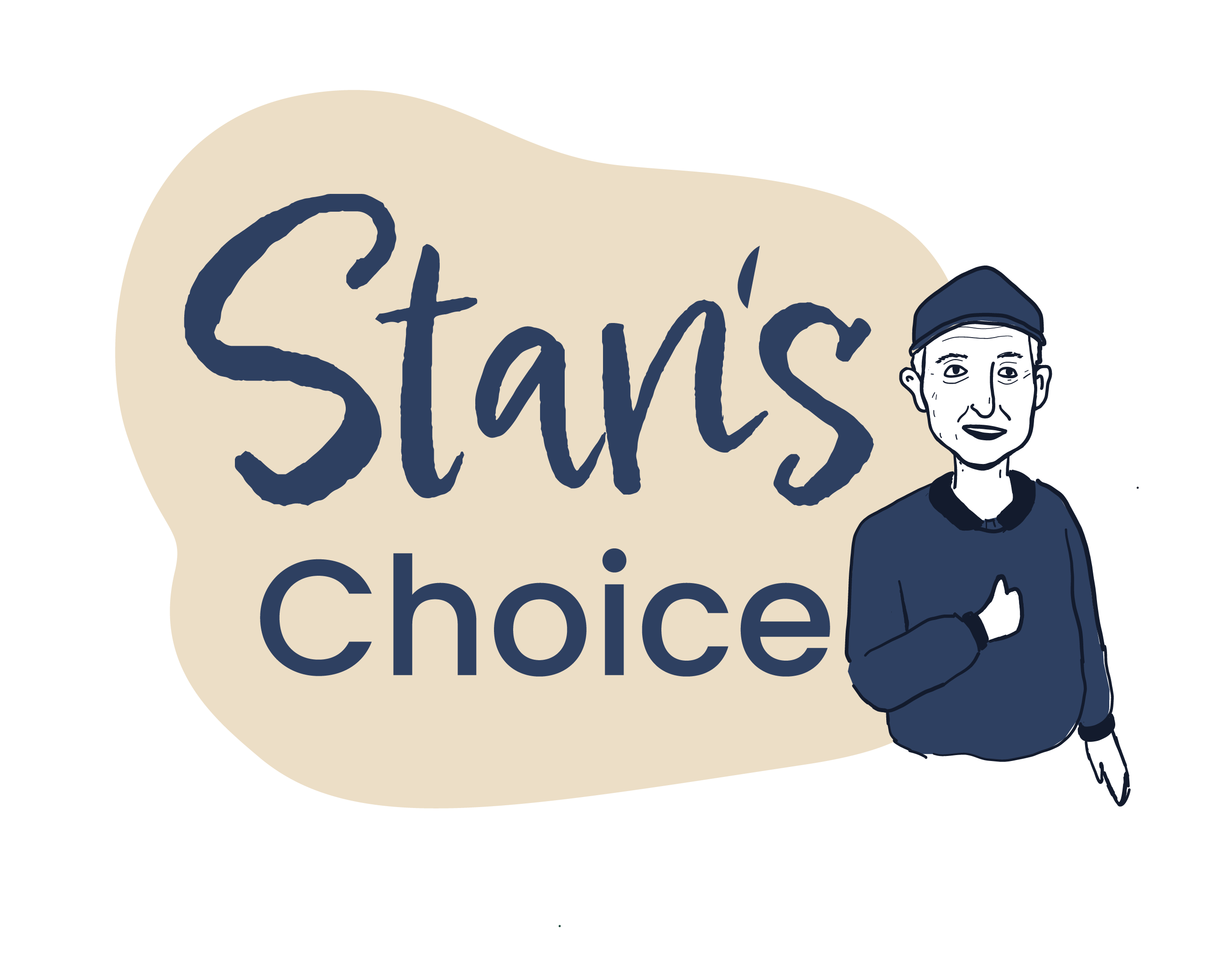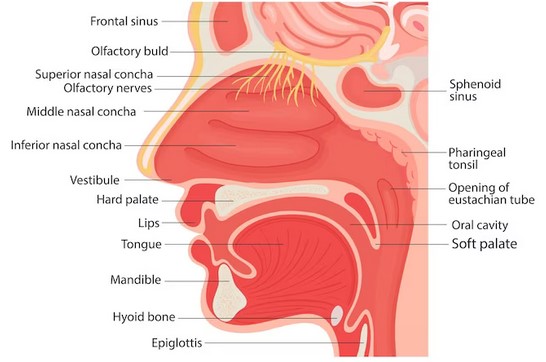Why do people struggle to swallow food and drink?
More people than you may imagine struggle to swallow food and drink and it is not only elderly people who suffer. The condition is called dysphagia. It ranges from discomfort in swallowing – which may lead to poor nutrition or dehydration, to difficulty in swallowing – which may cause food and drink to go down […]
Why do people struggle to swallow food and drink? Read More »










